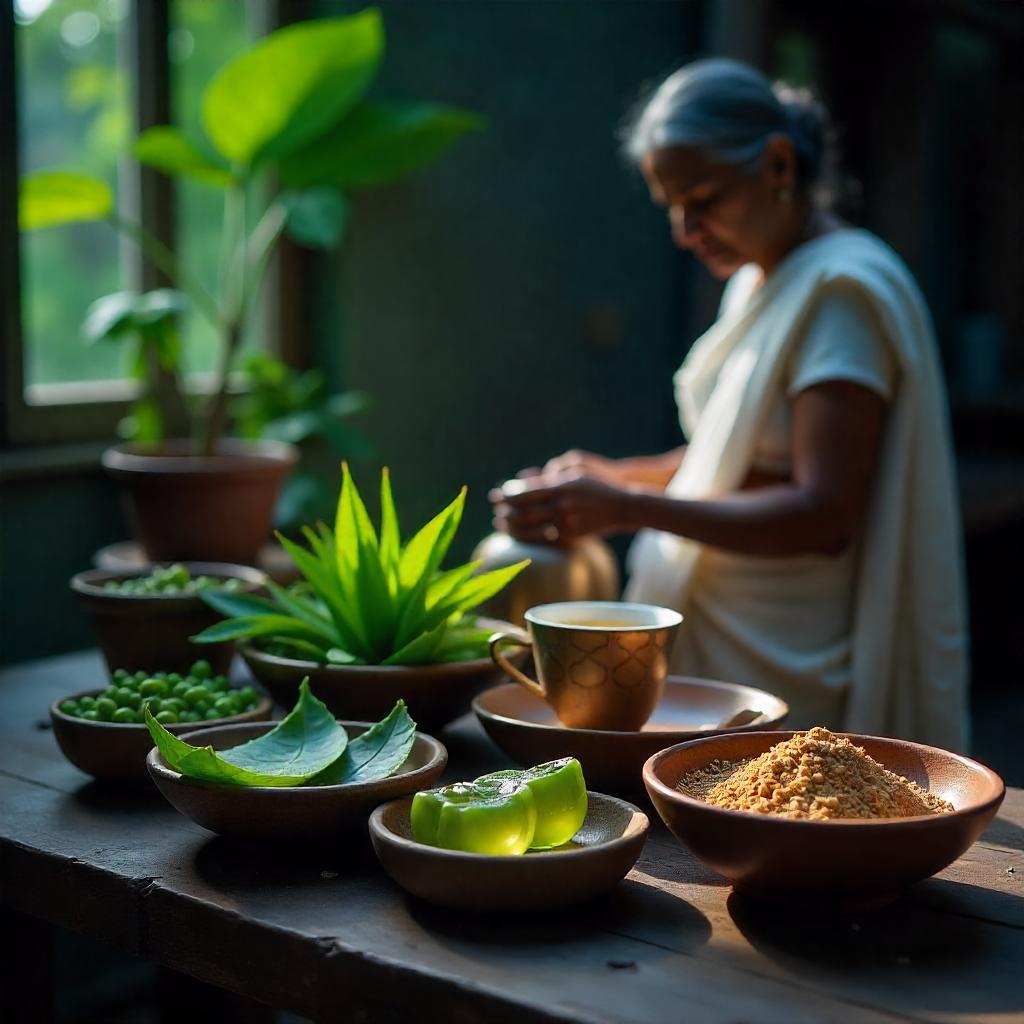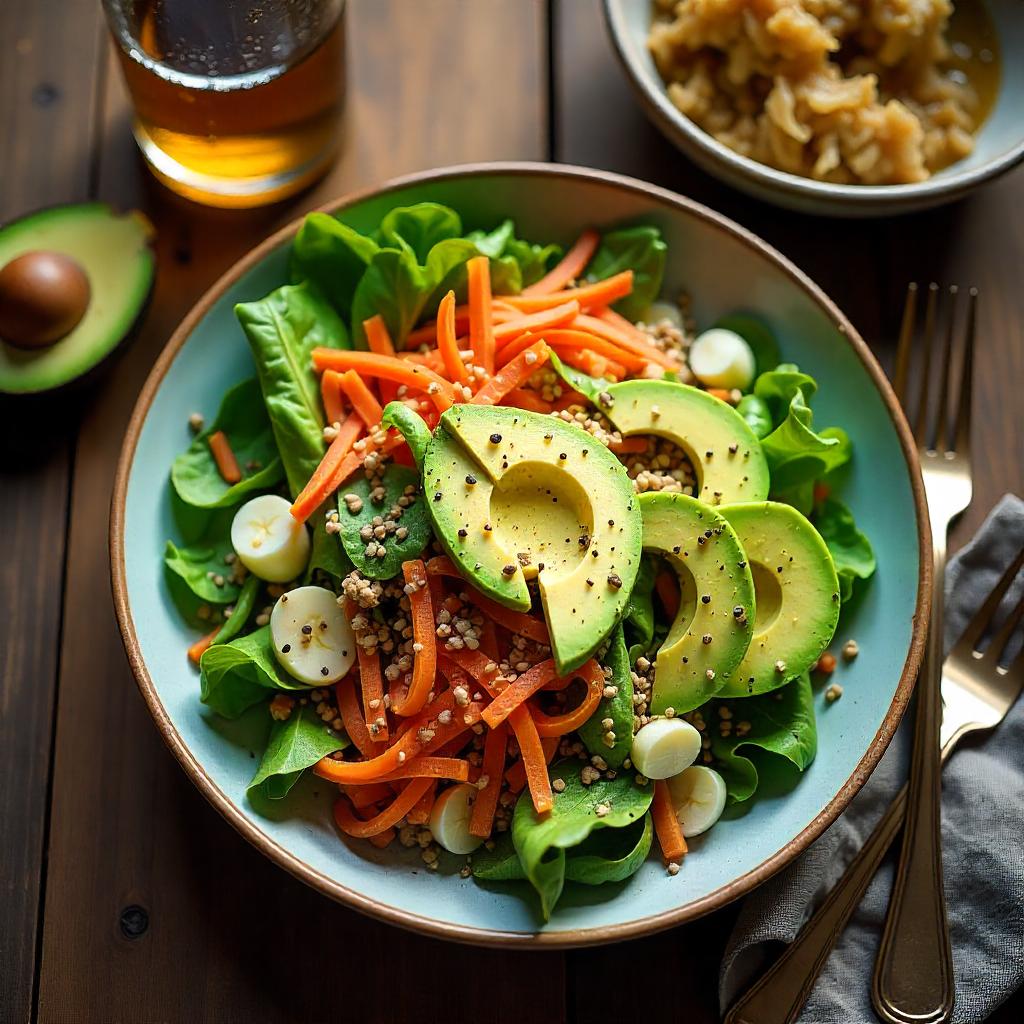When venturing into the wild, preparing meals can be as adventurous as the journey itself. Jungle meals not only fuel your body for exploration but also add an element of excitement to your outdoor escapades. Whether you’re camping, hiking, or simply immersing yourself in nature, mastering the art of jungle cooking can make your trip unforgettable. This guide explores how to craft delicious and practical meals in the wilderness while highlighting essential tips, recipes, and gear for outdoor cooking.
Why Are Jungle Meals Important?
Jungle meals are more than just sustenance; they are a way to connect with nature and elevate your outdoor experience. Here’s why they matter:
- Energy and Nutrition: Outdoor activities demand high energy levels. Nutritious meals provide the necessary fuel for physical and mental stamina.
- Convenience: Pre-planned jungle meals minimize food wastage and cooking stress, leaving you more time to enjoy the surroundings.
- Safety: Knowing how to prepare meals safely in a jungle environment ensures that you avoid food poisoning or attracting wildlife.
Essential Tips for Jungle Meal Preparation
1. Pack Lightweight Ingredients
Opt for lightweight, non-perishable ingredients such as:
- Dehydrated fruits and vegetables
- Canned beans and meats
- Instant noodles and rice
- Powdered milk and soup mixes
2. Choose Multi-Purpose Cooking Gear
Invest in compact, versatile cooking tools:
- Portable stove or campfire grill
- Collapsible cookware
- Multipurpose utensils
3. Pre-Prepare and Pre-Portion
Chop vegetables, marinate meats, and measure spices before leaving. Pre-portioning not only saves time but also reduces waste.
4. Focus on Safety
- Always store food in airtight containers to prevent contamination and deter animals.
- Dispose of waste responsibly to maintain the ecosystem’s balance.
5. Embrace Local Flavors
If possible, incorporate local ingredients such as wild herbs, fruits, or fish. This adds a unique twist to your meals and connects you to the environment.
Jungle Meal Recipes
Here are some simple yet flavorful recipes that can be cooked easily in the wilderness:
1. Campfire Breakfast Wrap
Ingredients:
- Tortillas
- Scrambled eggs (or powdered eggs)
- Shredded cheese
- Pre-cooked sausage
- Hot sauce packets
Steps:
- Heat a pan over the fire or portable stove.
- Warm the tortilla, then layer with scrambled eggs, sausage, and cheese.
- Wrap and serve with hot sauce for a hearty start to the day.

2. One-Pot Jungle Stew
Ingredients:
- Dehydrated vegetables
- Instant noodles or rice
- Canned chicken or beans
- Spices (salt, pepper, paprika)
Steps:
- Boil water in a portable pot.
- Add dehydrated vegetables and cook until rehydrated.
- Stir in noodles or rice and protein.
- Season to taste and simmer until cooked.

3. Jungle Trail Mix
Ingredients:
- Dried fruits (apples, cranberries, raisins)
- Nuts (almonds, cashews, peanuts)
- Seeds (pumpkin, sunflower)
- Dark chocolate chunks
Steps:
- Mix all ingredients in a resealable bag.
- Store in a dry place and snack on it during hikes.

4. Grilled Jungle Kebabs
Ingredients:
- Skewers
- Pre-marinated chunks of chicken or tofu
- Bell peppers, onions, and zucchini
- Olive oil
Steps:
- Assemble skewers with protein and vegetables.
- Brush with olive oil and grill over the campfire.
- Turn occasionally until cooked through.

Gear Checklist for Jungle Cooking
To execute jungle meals successfully, bring the right tools:
- Cooking essentials: Portable stove, pots, and pans
- Eating tools: Biodegradable plates, cups, and cutlery
- Storage: Resealable bags, food containers
- Fire-starting tools: Matches, lighters, or a firestarter kit
- Cleaning gear: Biodegradable soap and sponge
The Art of Jungle Foraging
Foraging can add an authentic and adventurous touch to your jungle meals. However, ensure you:
- Identify Safely: Learn to identify edible plants, mushrooms, and berries in the area.
- Respect Nature: Harvest responsibly to preserve the ecosystem.
- Cook Thoroughly: Properly clean and cook wild ingredients to eliminate any risks.
Benefits of Jungle Meals
- Team Building: Cooking together strengthens bonds and creates memories.
- Skill Development: Learn survival skills such as fire-starting, foraging, and outdoor cooking.
- Mindfulness: Preparing meals amidst nature fosters a sense of gratitude and connection to the environment.
Conclusion
Jungle meals transform outdoor trips into culinary adventures. By planning thoughtfully, packing wisely, and embracing the simplicity of nature, you can create delicious, nourishing meals that complement your wilderness experience. Whether you’re grilling kebabs under the stars or enjoying a quick trail mix on the go, the art of jungle cooking is about blending practicality with creativity. So, the next time you head into the wild, make your meals as adventurous as your journey!












